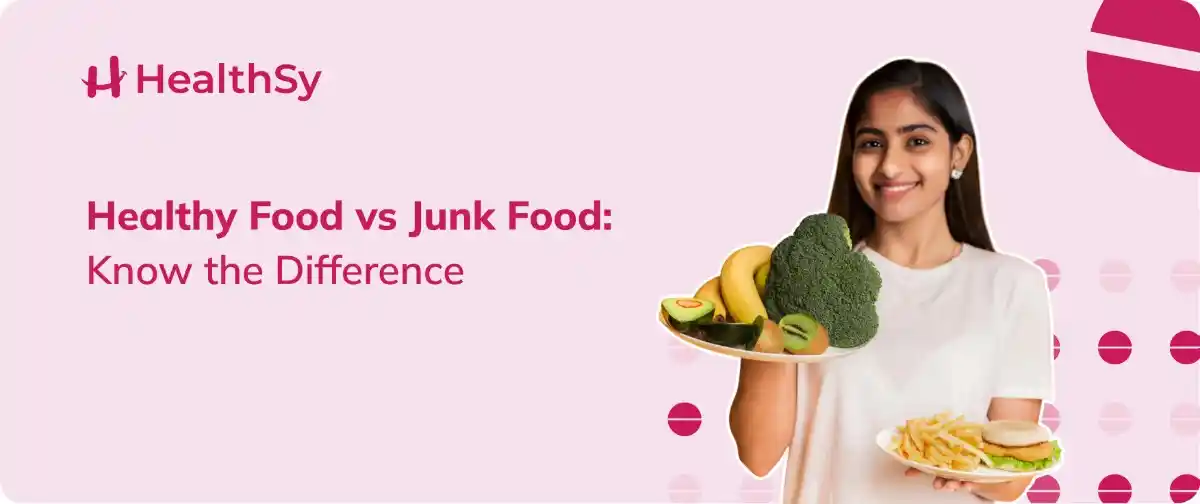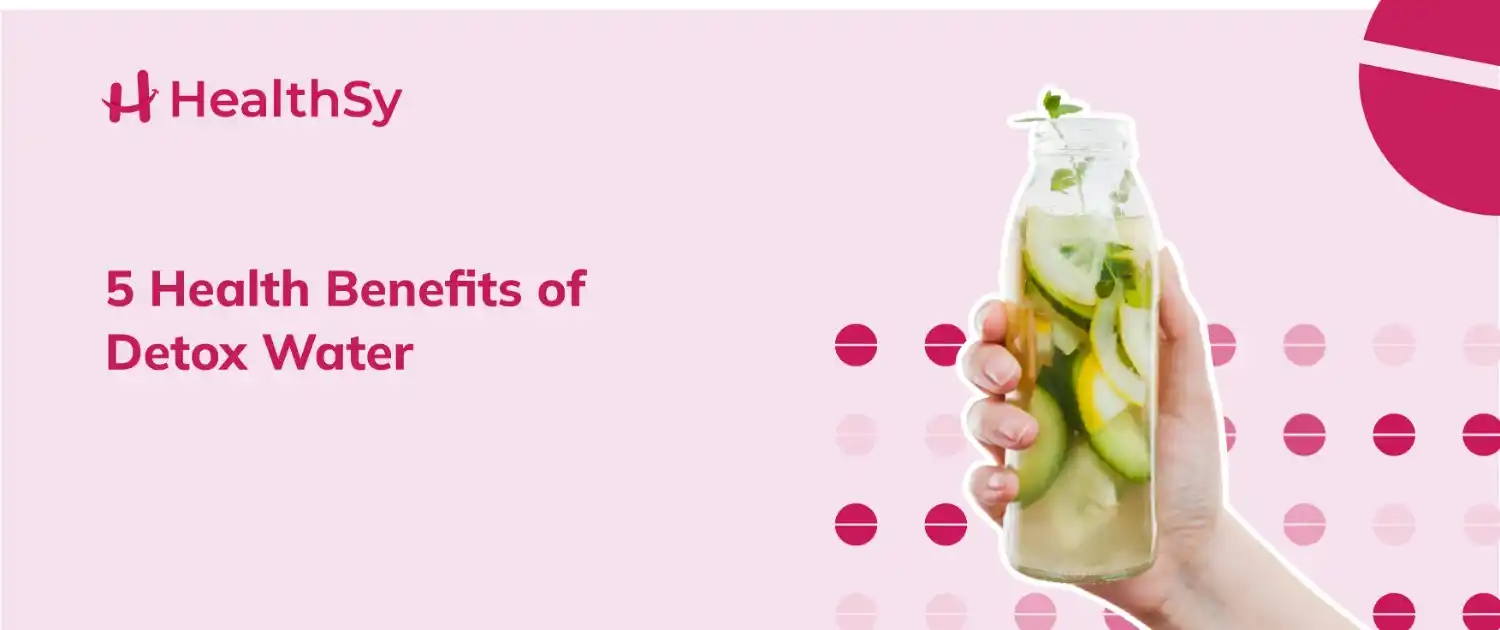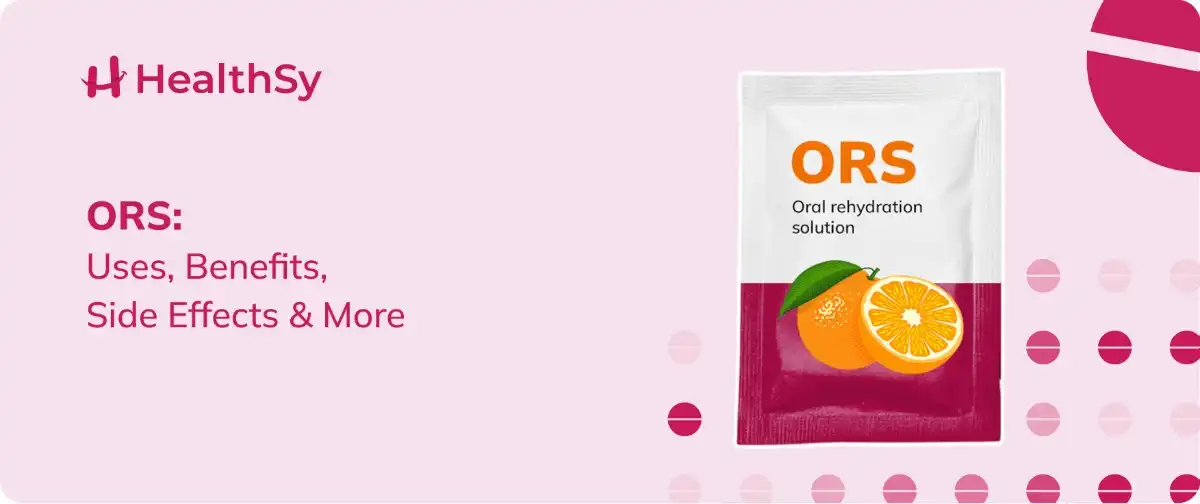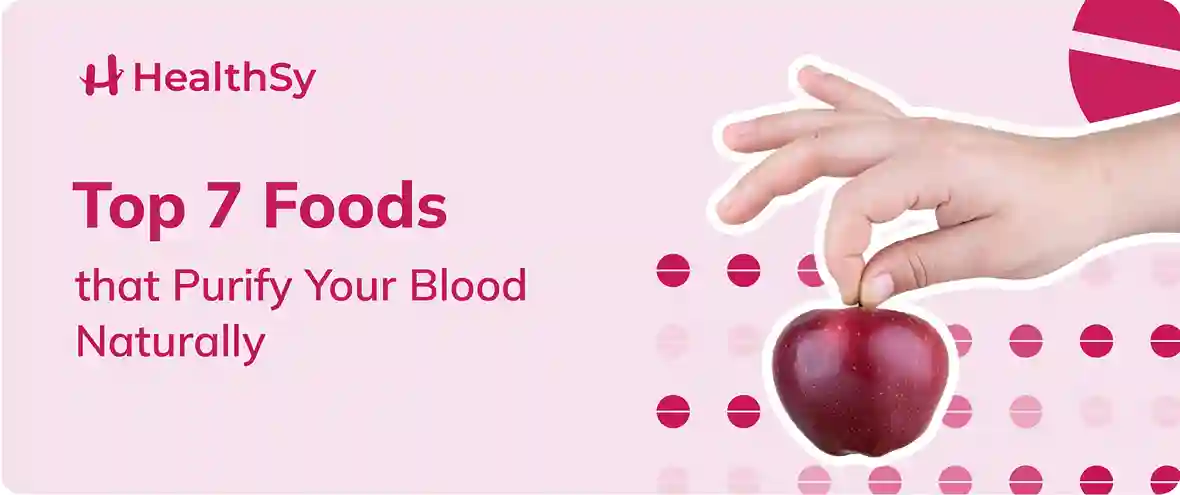Healthy food vs Junk food: Know the Difference

From the sizzle of French fries in hot oil to the fresh crunch of a carrot, our relationship with food tells an interesting story. In a world where fast food joints compete with farmers' markets, and instant noodles vie with fresh salad bowls, we're all trying to balance our food choices. The food on our plate isn't just sustenance anymore—it's a reflection of our lifestyle, our values, and increasingly, our future health. Beyond the bright packaging and catchy slogans lies a simple truth: there's a big difference between food that helps us thrive and food that just satisfies our hunger. Let's uncover what really sets healthy food apart from junk food, and why it matters for all of us.
Nutritional
Value
Healthy foods are nutrient-dense, providing essential vitamins, minerals, proteins, and complex carbohydrates that our bodies need to function optimally. Fresh vegetables, fruits, whole grains, lean meats, and legumes offer a balanced mix of nutrients that support everything from immune function to brain health.
In contrast, junk food is typically nutrient-poor but calorie-rich. These foods often contain empty calories from refined sugars and unhealthy fats while lacking vital nutrients. A chocolate bar might satisfy your hunger temporarily, but it provides little nutritional benefit compared to a handful of nuts or fresh fruit.
Processing
and Ingredients
One of the most striking differences lies in processing methods. Healthy foods are usually minimally processed, maintaining their natural nutritional profile. Think of a fresh apple or homemade vegetable soup – these foods remain close to their natural state.
Junk foods undergo extensive processing and often contain a long list of artificial ingredients, preservatives, and additives. These processed foods might have enhanced flavour and extended shelf life, but they've lost much of their nutritional value along the way. Many contain high levels of sodium, artificial sweeteners, and trans fats that can harm our health.
Impact
on Health
The long-term effects of our food choices are profound. Regular consumption of healthy foods helps maintain a healthy weight, reduces the risk of chronic diseases, improves mental clarity, and boosts energy levels. These foods provide sustained energy throughout the day and support our body's natural healing processes.
Junk food consumption has been linked to numerous health issues, including obesity, type 2 diabetes, heart disease, and certain cancers. The high sugar content can lead to energy crashes, mood swings, and dental problems. Regular consumption may also affect mental health, with studies suggesting links between processed foods and increased risk of depression and anxiety.
Cost
Considerations
While junk food might seem cheaper initially, healthy food often proves more economical in the long run. Consider the cost per nutrient rather than the cost per calorie. A bag of chips might be inexpensive, but it provides minimal nutritional value. In contrast, a bag of brown rice or dried beans offers multiple nutritious meals at a similar price point.
Moreover, the long-term healthcare costs associated with poor dietary choices far outweigh any short-term savings from choosing cheaper, processed foods.
Making
Better Choices
Transitioning to healthier eating doesn't mean completely eliminating favourite treats. Instead, focus on building a sustainable, balanced diet. Start by:
· Reading food labels carefully and understanding ingredients
· Planning meals in advance to avoid impulsive food choices
· Cooking more meals at home using whole ingredients
· Gradually replacing processed snacks with healthier alternatives
· Being mindful of portion sizes for both healthy and indulgent foods
The
Bottom Line
Understanding the difference between healthy and junk food empowers us to make better dietary choices. While convenience and taste matter, prioritizing nutritious foods helps build a foundation for long-term health and wellness. Remember, every meal is an opportunity to nourish your body and invest in your health.
Remember to consult with healthcare professionals or registered dietitians for personalized dietary advice, especially if you have specific health conditions or nutritional needs.

Summer can be exhausting, often leaving us dehydrated and drained of energy. While it is tempting to go for sugary drinks and ice cream to beat the heat, these are often temporary fixes. If you are looking for a smarter way to stay cool and healthy, detox water will be your best friend. In this blog, we’ll dive into the refreshing benefits of detox water and why it is a must have for your daily routine.
Detox Water
Detox water is made of herbal ingredients like fruits, vegetables, and herbs with plain water, and now it has become a popular choice for many people. Drinking water for detoxification not only helps to keep you hydrated but also aids in flushing out toxins from your body, leaving you feeling refreshed and revitalized.
Detox Water - Health Benefits
Incorporating detox water into your daily routine can be a simple and delicious way to stay cool and healthy. Here we have listed some health benefits of detox water:
1. Helps with Weight Loss
If you are someone who in the weight loss journey, try detox water. Detox water is a flavored drink that gives you the feeling of fullness and reduces the cravings just like water does. However, there is no evidence that drinking detox water directly reduces weight.
2. Improved Skin Health
To achieve healthy, glowing skin, staying hydrated is key. Detox water can help flush out toxins and improve skin health by keeping you hydrated from the inside out. Additionally, the added fruits and herbs in detox water can provide essential vitamins and antioxidants for radiant skin.
3. Improved Digestion
Many detox water combinations include ingredients known to aid digestion. For example, ginger can help soothe the gastrointestinal tract and relieve nausea, while lemon stimulates bile production, promoting better breakdown of food. Mint helps relax stomach muscles and can alleviate indigestion. When consumed regularly, detox water supports smoother digestion, reduces bloating, and contributes to a healthier gut. It's a gentle, natural way to support your digestive system without relying on medications or synthetic aids.
4. Boosts Immune Function
The immunity-boosting ingredients, such as lemon, turmeric, ginger, and mint, are in the detox water, which keeps your body hydrated and provides micronutrients to your body. These ingredients have anti-inflammatory and antibacterial properties that can help strengthen your immune system and protect against illnesses. In addition, staying hydrated with detox water can support overall immune function by aiding in the elimination of toxins from the body.
5. Increases Energy and Enhances Mood
Fatigue and low mood, often resulting from dehydration and nutrient deficiency, can be effectively managed by drinking detox water, as natural infusions like citrus fruits, rosemary, or watermelon not only offer a refreshing taste but also provide gentle energy boosts and mood-enhancing benefits, while consistent hydration supports improved brain function, memory, and alertness, keeping you focused, productive, and energized throughout the day without relying on caffeine.
How to Make Your Own Detox Water
You can make your detox water effortlessly by simply combining your choice of fruits, vegetables, and herbs with water in a pitcher and letting it infuse overnight in the refrigerator. Experiment with different combinations to find the flavors and benefits that work best for you. Here we give you a simple recipe to get you started.
Ingredients:
· 1 lemon (sliced)
· 1 cucumber (sliced)
· A handful of fresh mint leaves
· 1 liter of filtered water
Preparation:
Place all the ingredients into a glass pitcher or jar. Fill it with cold water and gently stir. Let the mixture chill in the refrigerator for at least 2 hours or leave it overnight for deeper flavor. When ready, pour into a glass, add some ice if you like, and enjoy your homemade detox water.
Conclusion
Detox water offers more than just hydration. Incorporating it into your daily routine is an easy and effective way to stay hydrated and support your overall well-being. This flavourful detox water is an alternative way to drink water and can make staying hydrated more enjoyable. With the added benefits of various fruits and herbs, detox water can also help boost your immune system and aid in digestion. So next time you're looking for a refreshing drink, consider making your detox water at home.

A small, tiny white or black chia seed has been used for centuries, and due to its nutritional benefits, it has become popular in recent days. Taking this seed daily not only helps you to reduce weight, but it's also a valuable addition to a healthy and balanced diet. Therefore, this blog will explore its health benefits and nutritional facts. So, without any delay, let us get started!
Chia Seeds
Chia seeds, known scientifically as Salvia hispanica, belong to the flowering mint family. This species is primarily cultivated in Mexico and Guatemala for its nutritional value.
A 28g of chia seeds contains:
- 131 calories (kcal)
- 8.4 g of fat
- 13.07 g of carbohydrate
- 11.2 g of fiber
- 5.6 g of protein
- 0 g sugar
It also contains other essential nutrients such as calcium, zinc, iron, magnesium, phosphorous, folate, vitamin A, and copper.
Benefits of Chia Seeds
The essential nutrients found in chia seeds contribute to overall health. To gain the full benefits of chia seeds, consume them on an empty stomach. Now, let's explore their benefits here.
1. Digestion
A healthy digestive system is the foundation of overall well-being. Foods rich in fiber, probiotics, and digestive enzymes support gut health by promoting regular bowel movements, reducing bloating, and preventing constipation.
Chia seeds are packed with dietary fiber, especially soluble fiber, which helps support a healthy digestive system. Soak one tablespoon of chia seeds in a glass of water overnight and drink it on an empty stomach in the morning, which improves overall digestion and nutrient absorption.
2. Weight Loss
More than cutting calories, supporting metabolism and maintaining energy balance are essential. The high fiber and protein content in the chia seed can help promote feelings of fullness and reduce cravings, making it a valuable addition to a weight loss diet.
Try chia seed pudding by soaking them in almond milk overnight with a dash of honey and fruit. Enjoy it as a healthy option for breakfast or as a snack.
3. Heart Health
A strong heart is central to a long and active life. The omega-3 fatty acids in chia seeds reduce inflammation, lower bad cholesterol (LDL), and support better circulation. Add chia seeds to your daily diet by mixing them into whole-grain salads or sprinkling them on top of avocado toast.
4. Regulates Blood Sugar
Chia seeds have the unique ability to slow down the digestion of carbohydrates and the release of sugar into the bloodstream, which helps prevent sudden spikes and crashes in blood glucose levels. This is particularly beneficial for people with type 2 diabetes or those looking to manage their sugar intake. Their high fiber content helps stabilize blood sugar and improve insulin sensitivity over time.
5. Combats Inflammation
Chronic inflammation is linked to various health issues, such as arthritis, heart disease, and even cancer. Chia seeds are loaded with antioxidants and omega-3 fatty acids, both known for their anti-inflammatory properties. These nutrients help neutralize free radicals and reduce inflammation in the body, promoting overall wellness and preventing age-related diseases.
6. Boost Energy Level
Chia seeds offer long-lasting energy without a crash. They are rich in protein, iron, magnesium, and B vitamins, all essential for maintaining vitality. The balanced combination of carbs, healthy fats, and protein fuels both your body and mind. Great for athletes, busy professionals, or anyone needing a clean energy boost throughout the day.
Conclusion
When it comes to simple superfoods, chia seeds top the list, incorporating chia seeds into your daily meals is one of the easiest and most effective ways to support your overall well-being. However, moderation is key. Chia seeds absorb a lot of water and may cause bloating or digestive issues if taken in excess or without proper hydration. People with digestive sensitivities or on blood-thinning medications should consult a healthcare provider before regular use.

ORS, also known as Oral Rehydration Solution, is a straightforward and cost-effective treatment used globally to treat and prevent dehydration, precisely due to vomiting and diarrhea. WHO and UNICEF have recognized ORS since 1975, as it significantly reduces mortality due to dehydration-related health conditions.
What is ORS?
ORS is a well-formulated solution containing water, sodium, and potassium. This combination helps in the efficient absorption of electrolytes and fluids in the small intestine, primarily restoring the body's hydration level.
Why is ORS best for Dehydration Issues?
The mechanism and formulation of ORS hinge on the flow of glucose and sodium across the intestinal lining. Glucose enhances the absorption of water and sodium subsequently into the bloodstream, strongly combating dehydration.
ORS Uses
ORS is used by people globally to treat various issues, including the following:
Treats Dehydration due to Diarrhoea: ORS is one of the best treatments for dehydration caused by acute diarrhea, particularly in children.
Helps Manage Vomiting: When you are vomiting, taking ORS slowly in small sips will help keep your body hydrated.
Dehydration due to Other Factors: ORS can also help with dehydration caused by excessive sweating, inadequate fluid intake, or heat exposure.
ORS Benefits
- Cost-effective Solution: Since ORS is affordable, it remains the practical solution for dehydration, specifically in low-resource settings.
- Adequate Rehydration: ORS restores fluids and electrolytes more effectively than plain water, addressing fluid loss and electrolyte imbalances.
- Accessibility and Ease of Use: ORS can be administered orally, making it accessible in various settings, including at home, in clinics, and in remote areas without advanced medical facilities.
ORS Side Effects
ORS is generally safe with very few side effects. However, there are chances that you might see the following side effects:
Vomiting: If you vomit after drinking ORS, it is recommended to stop it for some time and resume it slowly. If the situation persists, make sure you visit a doctor immediately.
High blood sodium or potassium levels: Too much consumption or improper mixing of ORS could lead to an imbalance in electrolytes. So, ensure that you follow the right guidelines while preparing it.
ORS Preparation
Commercial ORS packets are available everywhere and must be prepared as per the instructions you provided. If there is no availability of commercial ORS, a homemade ORS could be prepared easily by blending:
- 1 litre of pure water
- Half a level teaspoon of salt
- And 6 level teaspoons of sugar
This homemade solution must be prepared using the right proportions of ingredients, as it can be harmful if not prepared properly.
ORS Precautions
Proper Mixing: Always adhere to the recommended guidelines when preparing ORS to ensure the correct balance of electrolytes.
Monitoring for Overhydration: While rare, overhydration can occur if ORS is consumed excessively. Monitor for symptoms such as swelling in the hands, feet, or face.
Seeking Medical Attention: If dehydration symptoms persist or worsen despite ORS administration, seek medical attention promptly.
Conclusion
ORS is a saviour in managing dehydration because of its efficiency, accessibility, and safety. The best use of ORS could significantly decrease the risk of dehydration, and the complications associated with it, making it the best choice in global health.

Maintaining healthy and clean food habits is crucial for overall well-being. The blood transports nutrients, hormones, and oxygen throughout the body and removes toxins and waste. So, eating good food will keep your body clean by refreshing your blood naturally, improving circulation, and boosting immunity. So, are you looking for the best foods that purify your blood naturally? Then you are in the right place.
In this blog, we will learn about a few of the best foods that purify your blood naturally. Keep reading!
Foods that Purify Your Blood 1: Garlic
Garlic is one of the most potent and efficient foods for purifying blood. The sulphur compound in garlic helps remove toxins from the blood and gradually purifies it. Also, the antimicrobial properties in garlic help fight infections, viruses, and bacteria entering the body's immune system. Including raw or cooked garlic in your diet will effectively purify your blood.
Foods that Purify Your Blood 2: Turmeric
Turmeric is a very popular food that purifies your blood as it is a powerful antioxidant and anti-inflammatory. Curcumin, one of the most important components in turmeric, plays a major role in cleansing the blood and supporting liver functioning. Adding turmeric to your foods or drinking turmeric milk will keep your blood purified.
Foods that Purify Your Blood 3: Beetroot
Beetroots are rich in iron, minerals, and nitrates, which help purify blood and increase oxygen levels. The natural detoxifying agents in beets help remove toxins and wastes in your body and improve your body's functioning. Along with being a good food that purifies your blood, beets also play a major role in your skincare; drinking beetroot juice is always a go-to remedy for glowing skin.
Foods That Purify Your Blood 4: Lemon
Lemons are natural detoxifiers and are rich in citric and vitamin C. The citric acid in lemons helps purify your blood and facilitate digestion. Drinking warm lemon water on an empty stomach will help with weight loss and detoxify your body.
Foods that Purify Your Blood 4: Green Leafy Vegetables
Leafy greens like spinach, kale, and cilantro are loaded with chlorophyll, which helps detoxify the blood. They also provide essential vitamins and minerals that support liver and kidney function, ensuring effective blood purification. Including green leafy vegetables in your diet can significantly improve your body's ability to remove toxins.
Foods that Purify Your Blood 5: Berries
Berries such as strawberries, blueberries, and raspberries are high in fiber and antioxidants. They help reduce oxidative stress, remove toxins, and improve blood circulation. Also, the vitamin C content in these berries helps maintain your immunity and supports the overall blood purification process.
Foods that Purify Your Blood 6: Apple
An Apple a day keeps the doctor away!
Apples are very high in pectin and fiber, which help eliminate harmful toxins and heavy metals from the blood. The antioxidant content in apples improves liver function and aids digestion, making them a great addition to your diet and blood purification. So, there is no doubt that apples will significantly contribute to keeping your blood clean.
Why is Blood Purification Important?
Blood purification is crucial to maintaining your overall health and well-being. To be very specific, it:
- Removes waste and toxins
- Improves supply and circulation of oxygen
- Boosts immune function
- Promotes healthy skin
- Prevent diseases and reduce inflammation
By incorporating the right, healthy foods that purify your blood into your diet, you can lead a very healthy life with a strong immune system.
Final Thoughts
Showing the importance of blood purification and the intake of foods that purify your blood. Just incorporate them into your diet to maintain your health and well-being. Keeping your body clean and healthy is one of the primary aspects of leading a good life. As always, good health and a good life!

Instant noodles have recently become affordable and convenient, especially for youngsters and working professionals. However, the concerns about the impact of instant noodles on health have sparked multiple debates in recent years. Are they indeed a healthy fix for hunger issues or a threat to your health? This case study will help you explore more about instant noodles, their nutritional content, recent findings, and insights into whether they should be a part of your food habits.
What are Instant Noodles?
Instant noodles are a variety of pre-cooked and sold in packets, bowls, or cups. The main ingredients in noodles include water, starch, salt, flour, and alkaline mineral water with potassium carbonate and usually sodium carbonate. Another common ingredient in instant noodles is palm oil since instant noodles are sauteed during production. Also, air-dried noodles are available on the market, along with multiple flavors of instant noodles with more seasoning, monosodium glutamate, and salt.
History of Instant Noodles
The first instant noodles were made in Japan in 1958 by Momofuku Ando, a Taiwanese Japanese businessman and the inventor of Nissin Food Products Co, Ltd. Since this invention, instant noodles have become a very convenient and affordable food and are loved by millions of people globally.
Instant Noodles Nutritional Value
The basic serving of instant noodles has more carbohydrates and fat and is low in most essential nutrients like vitamins, minerals, fiber, and proteins. They also contain sodium and monosodium glutamate in required quantities for more flavours. (Ref: Healthline). For instance, 100 grams of cooked instant noodles have the following nutrient value:
- Calories – 137KCal
- Fat - 2.06grams
- Carbs- 25.01grams
- Protein – 4.51
Why are Instant Noodles Unhealthy?
Just because of the love for eating instant noodles, there are more health consequences of eating them often. People are more attracted to instant noodles' affordability, convenience, and taste and are unaware of the underlying health risks involved. Eating instant noodles more often can cause various serious illnesses. The following are a few for you to know:
More Sodium Intake: Consuming more sodium is a well-known factor in cardiovascular diseases and hypertension. Since instant noodles have more sodium content, eating them often can lead to severe health issues. It can also make an individual sensitive to salt.
Nutrient Deficiency: Frequent intake of instant noodles could lead to a poor diet. Research indicates that people who eat instant noodles often lack many required nutrients, such as protein, vitamin C, calcium, iron, phosphorus, niacin, and vitamin A (Ref: PEH)
Metabolic Syndrome: Eating instant noodles involves a high risk of metabolic syndrome, which is a cluster of conditions that increase the risk of stroke, heart issues, and diabetes. A study based on South Korean women has found that those who eat instant noodles more than twice a week have more chances of metabolic syndrome.
Recent Study Findings About Instant Noodles
A study in 2023 highlighted the positive association between the increased risk of dyslipidaemia (abnormal cholesterol level) and instant noodles consumption among Korean college students. It is said that the students who consumed instant noodles twice a week exhibited a 2.6-fold high risk of developing the above conditions. (Ref: PMC)
Another study has found that a woman who eats instant noodles for a minimum of 2 times a week has a risk of developing cardiometabolic syndrome, which includes illnesses like increased blood sugar levels, hypertension, and imbalanced cholesterol levels.
Take a Closer Look at the Nutrition Labels
Understanding and knowing what you consume is crucial, particularly when it pertains to foods that have the efficiency to affect your health. Reading the nutritional label of any food while buying it will help you decide what you eat. By doing this, you can still find ways to choose truly healthy alternatives. Developing the habit of reading the food labels will help you plan a more nutritious and balanced diet.
Conclusion
Instant noodles can be consumed in minimal quantities and occasionally, provided they are well-cooked. Knowing their nutritional value and potential health risks will help you understand the need to consume them mindfully. One can consume instant noodles in moderation without compromising one's health. Anything that affects one's health should be considered for good well-being.

Post A Comment